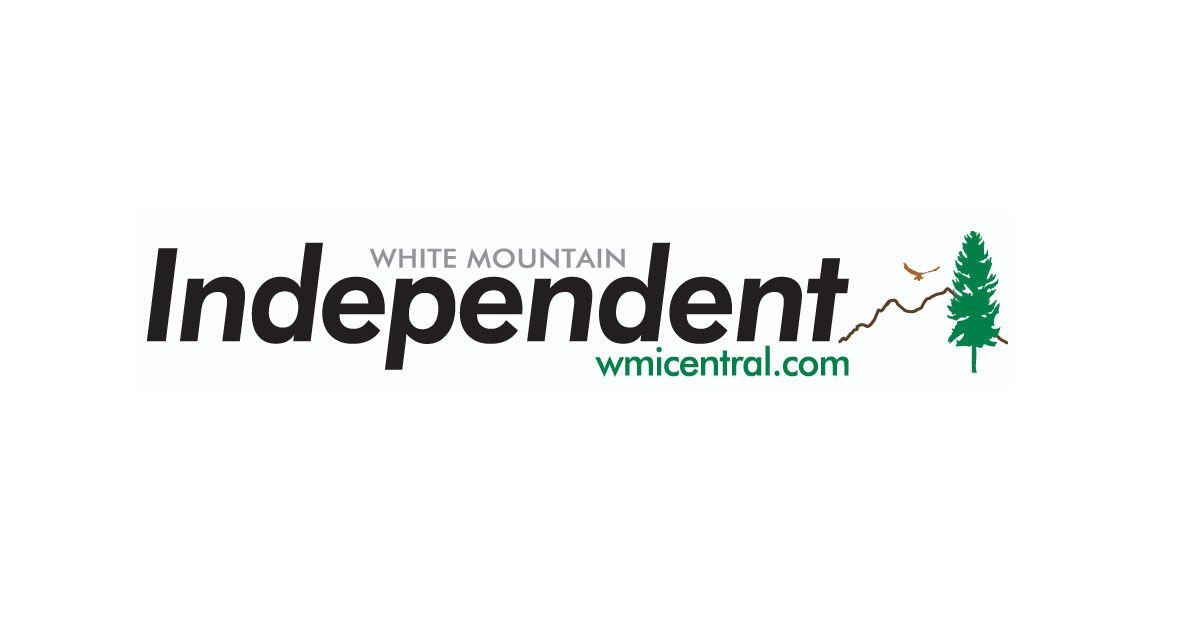
More than 1 in 6 Americans working full time or part time report assisting with the care of an elderly or disabled family member, relative or friend, according to caregiver.org.
Often family or friend caregivers never have any backup. The reason that agencies are so useful is that when that family or friend caregiver becomes sick, has a family emergency or goes on vacation, there is someone who can step in and take care of a loved one.
John Ballard, owner of Ballard Senior Homecare in Snowflake, says his agency provides in-home, non-medical services to residents of the White Mountains.
“We will send caregivers in to a home to provide non-medical services, basically helping run the household and assist. Light housekeeping and anything that would be done on a day-to-day basis including meal planning, meal prep and assist in feeding. Outside of the home, a caregiver can also run errands, such as grocery shopping, picking up mail, prescriptions and provide transportation to doctor’s appointments or any other appointments that someone may need to get to. We can also provide a lot of their personal services.
“We can also help with ambulation, that is, getting a person up and moving about the home, transferring from bed to a wheelchair, helping them just move around and do what they need to do. We can assist in bathing, dressing, personal grooming, medication reminders and deal with incontinence. If a client needs help with toileting or they are bed bound, we can handle that.
“We cannot do medical services such as administering medication, giving shots, no wound care. No measuring of medications, either. We do have some fine lines for things we can and can’t do. The purpose of our home care is to help people meet their own needs and minimize the risk that they would be taking without help. That’s one of the biggest reasons why we provide those services.
“Our service is not just for seniors, but also for those with a disability or even in rare cases, children, depending on their needs. Adults with any sort of disability and or seniors who, due to the effects of aging, are not able to perform what the health care industry calls activities of daily living, are eligible. If they’re not able to perform those procedures by themselves, that is how we base our services, helping them meet the needs of their activities of daily living.”
Ballard explains that the first step in setting up care is by sending someone out for an evaluation of needs. It’s recommended that a family member or friend be present during an evaluation.
“We love to have a family member there because not only is it helpful to get further input, because, let’s be honest, sometimes people can’t recognize some of their own needs as well as you might think they can. And if a loved one, or even a friend, or someone else is there who has been watching and helping them, they can shine a little bit more of light on the needs of the person in need.
“That’s a tremendous help to us. Also, if it’s a family member, it’s great to have them help their loved one make a decision as to what works for them. So it kind of helps to divide the work. Surprisingly, what happens a lot is that we will go in to a home to do an assessment and for example, it’s a family member who has been caring for a loved one, we will actually base our schedule and the services that are going to be rendered off of the needs of the caregiver, not just the one receiving the care. Obviously, the services are for the person who has the need, but we very much still bring into focus the family or friend caregiver, because if they lose that person due to burnout, health issues, because they work themselves into the ground, then that person is really up a creek without a paddle. We very much take that into account.”
Ballard says that in the hiring process, after reviewing an application and interview, he and his staff always run a background check.
“Arizona has made changes over the last few years; previously a background check was not required. But now, all caregivers in the state are required to have what is called a Direct Care Worker certification or the state equivalent to that. They get an actual caregiver certificate and a fingerprint card, something that the state changed a couple years ago, so now it is a requirement. This is something that all caregivers in Arizona have to have if they’re working through the Arizona Longterm Care Services program, a subsidiary of the Arizona Health Care Cost Containment System program.”

